Author: admin
-

Closing the gender and energy gap: Interview with Magi Matinga
Magi Matinga, Technical Advisor at ENERGIA, explains how ENERGIA has contributed to the inclusion of a gender perspective in policies, projects and programs at national and international level by: Providing research evidence and sex-disaggregated data for use by policy- and decision makers on women’s and men’s energy needs and consumption patterns. Advocating for women’s recognition…
-
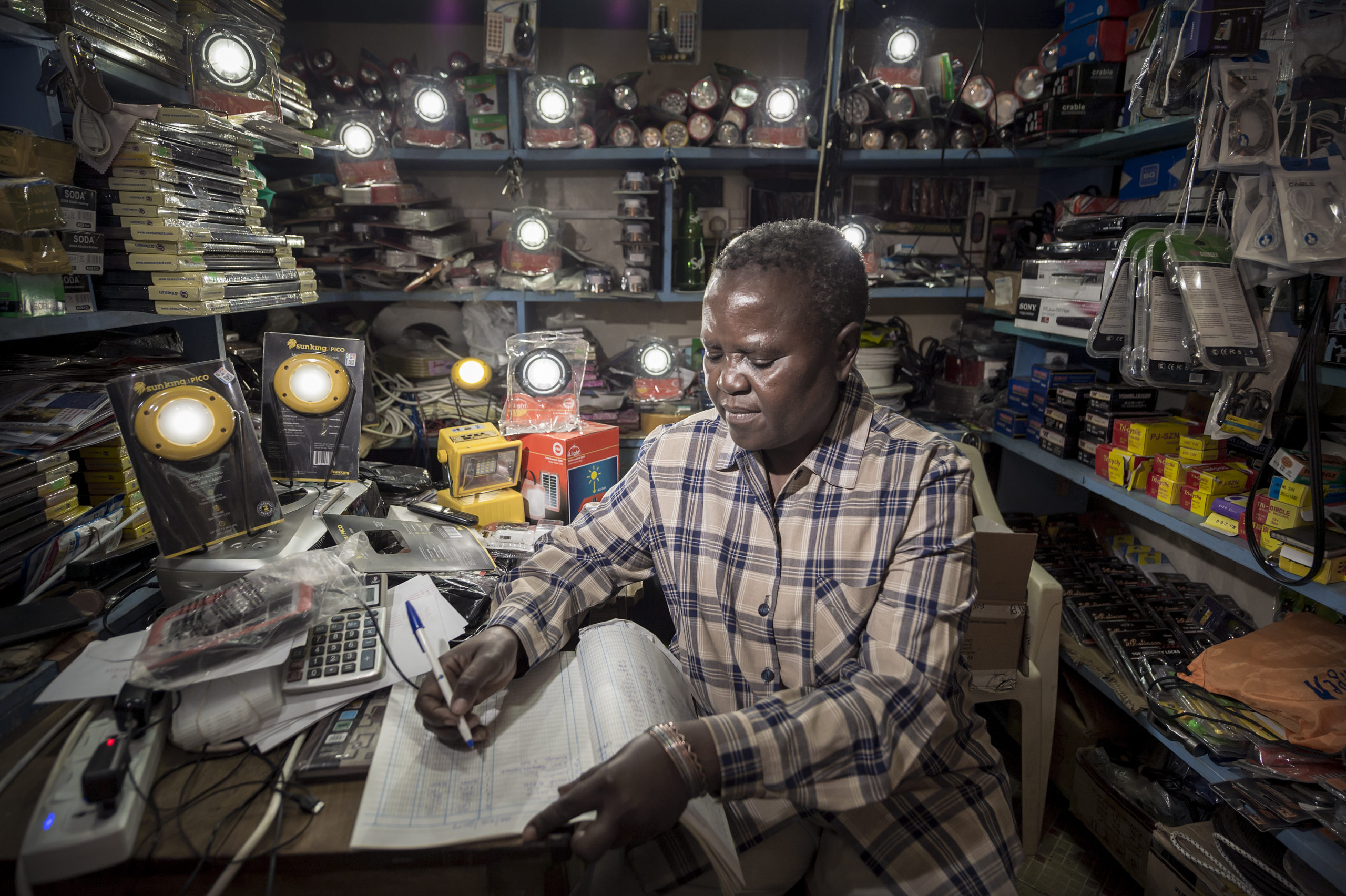
The gender and energy nexus: Interview with Magi Matinga
What do we mean by gender and how does this relate to energy? What do we mean by gender perspective? Magi Matinga, Techincal Advisor at ENERGIA, guides us through these aspects, highlighting how women and men have different energy needs and how taking or not into account this diversity could influence their life, perpetuate gender…
-

Request for Proposals: Gender Consultant
Gender Consultant Request for Proposals (RFP) This proposal was originally published on The Clean Cooking Alliance website. Summary The United Nations Foundation’s (UNF) Clean Cooking Alliance (CCA) is accepting proposals to support their Gender-Smart Advisory Support (GSAS) focused on clean cooking company interventions. The initial scope of work will include engagement with 3-4 clean cooking…
-
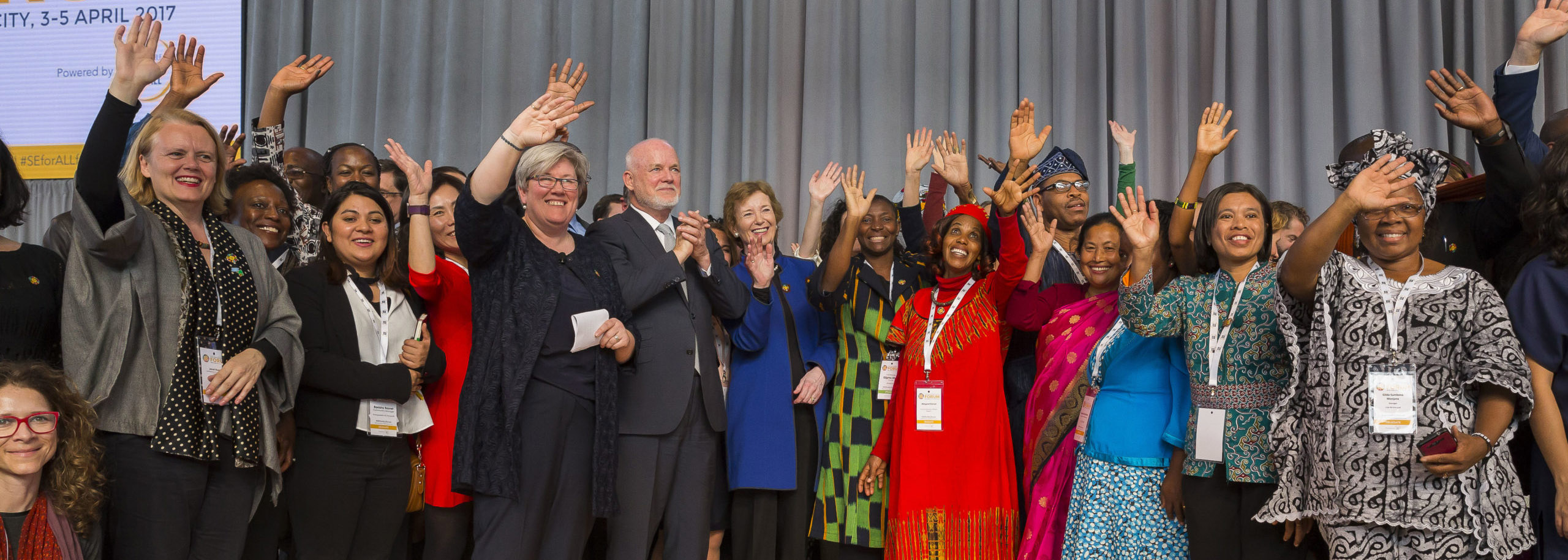
Advocating for gender inclusion in the energy sector: Interview with Sheila Oparaocha
Advocacy is an approach aimed at changing aspects of the current situation by addressing people with influence on the situation. ENERGIA has always worked with partners to influence energy policy, practice, projects and programs to integrate gender approaches and build a more gender-sensitive and gender-responsive energy sector. Sheila Oparaocha, ENERGIA’s International Coordinator and Program Manager, explains…
-
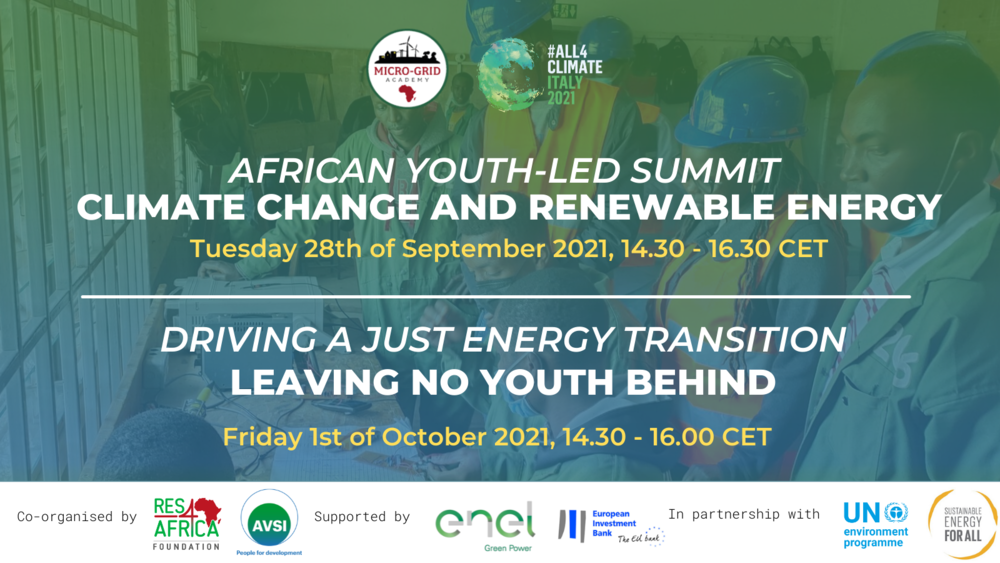
Event: PreCOP26 – ENERGIA participates in a side-event dedicated to youth
Date: October 1, 2021 Time: 14.30 – 16.00 CET Location: virtual Register: This event requires registration, please register here. In the framework of the pre- Summit All4Climate Italy 2021 and Youth4Climate, promoted by Italian Government as preparatory meetings to the UN Climate Change Conference of the Parties (COP26), RES4Africa Foundation in collaboration with AVSI is…
-
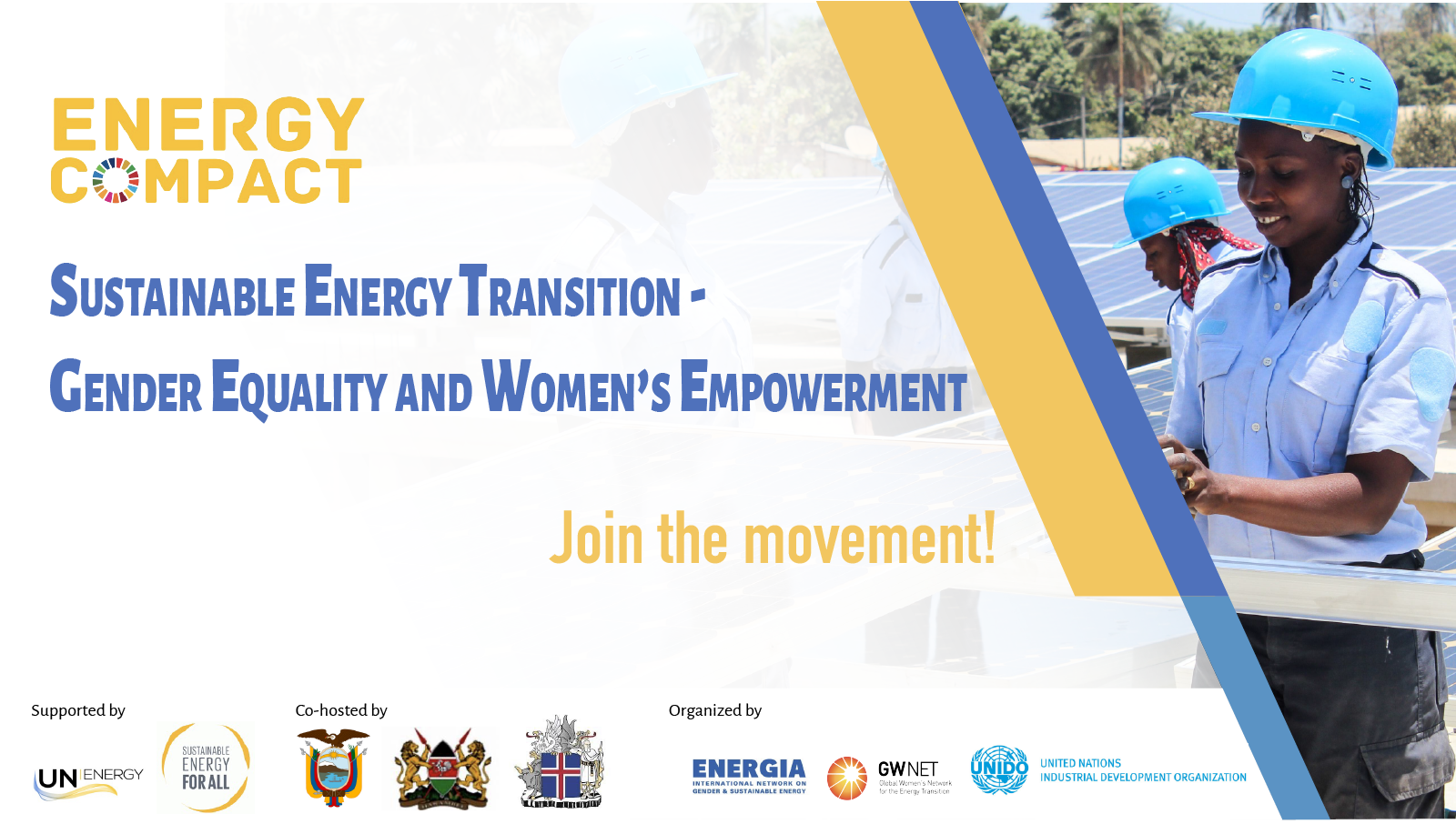
Join the Gender Energy Compact Coalition!
On September 8, 2021 the Governments of Iceland and Kenya together with ENERGIA, GWNET and UNIDO and their partners ACCESS, Clean Cooking Alliance, Practical Action East Africa, Power for ALL, Shine, SEWA, UN Women and UN ESCWA discussed the Gender Energy Compact during a Deep Dive workshop. The Compact aims at catalyzing action towards gender…
-

Energy compact on Gender and Energy: Deep-Dive Workshop
Date: September, 8 2021 Time: 08.00 – 09.30 EST | 14:00 – 15:30 CEST Location: Virtual event. Register: This event requires registration, please register here (CLOSED). Women have a critical role to play in achieving SDG7, but barriers such as access to sustainable energy, education, finance, career advancement and insufficient involvement in decision making processes…
-

Course: The Hidden Side of Energy Access: Understanding Clean Cooking
Access to clean cooking solutions, including modern stoves and cooking fuels, is often overlooked as part of the wider energy access agenda. This is surprising, given that four billion people – over half the world’s population – lack access to modern energy cooking service, also known as MECS, for their daily cooking practices. This means…
-
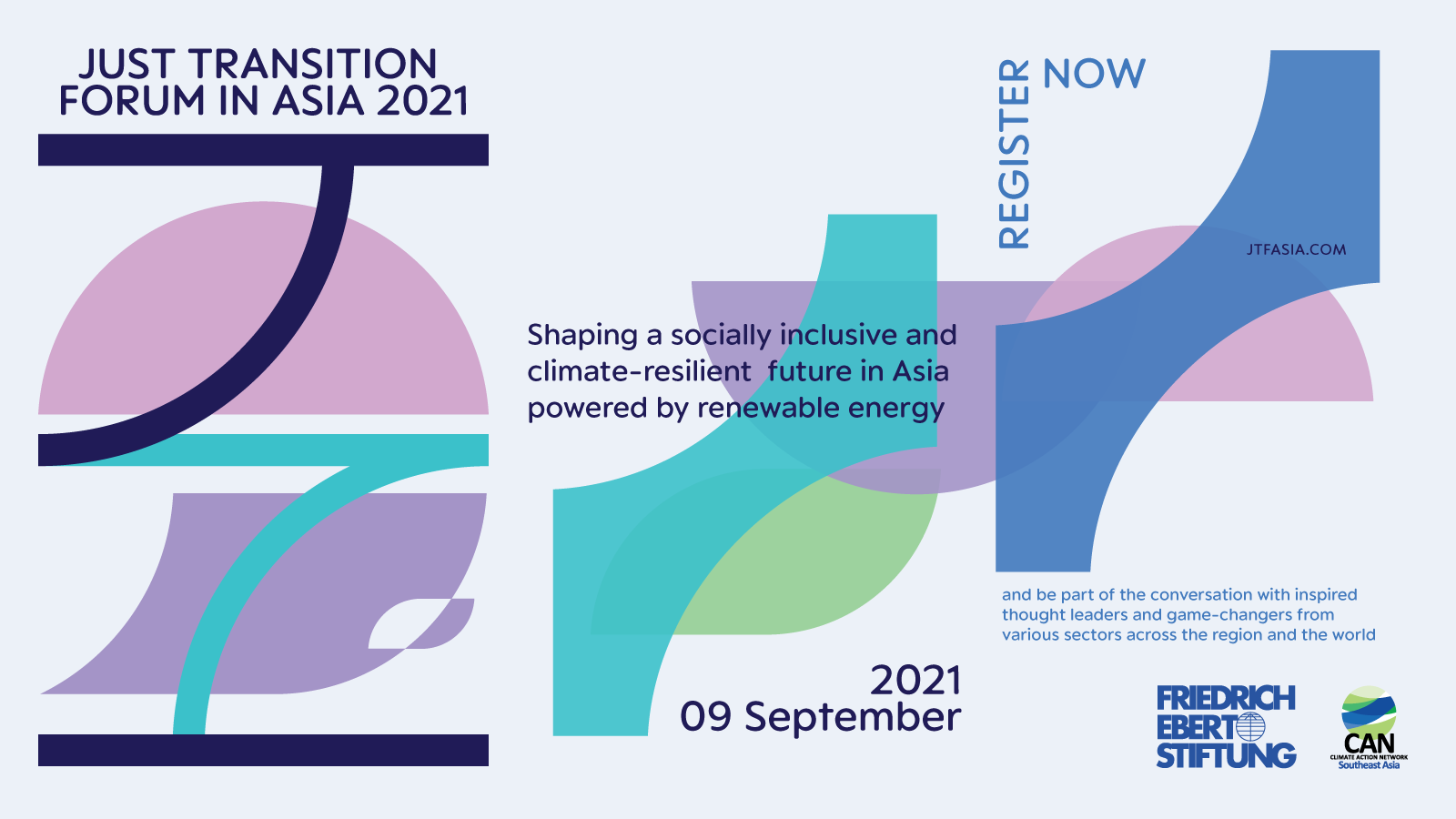
Virtual Forum: Can the shift to a green energy future in Asia be just and equitable?
Date: September, 9 2021 Time: 10 AM ICT Location: Virtual event. Register: This event requires registration, please register here. We are seeing that the climate crisis is on the rise around the world. Floods, droughts, wildfires, and typhoons are affecting more and more people and impacting the most vulnerable – those who have done the…
-
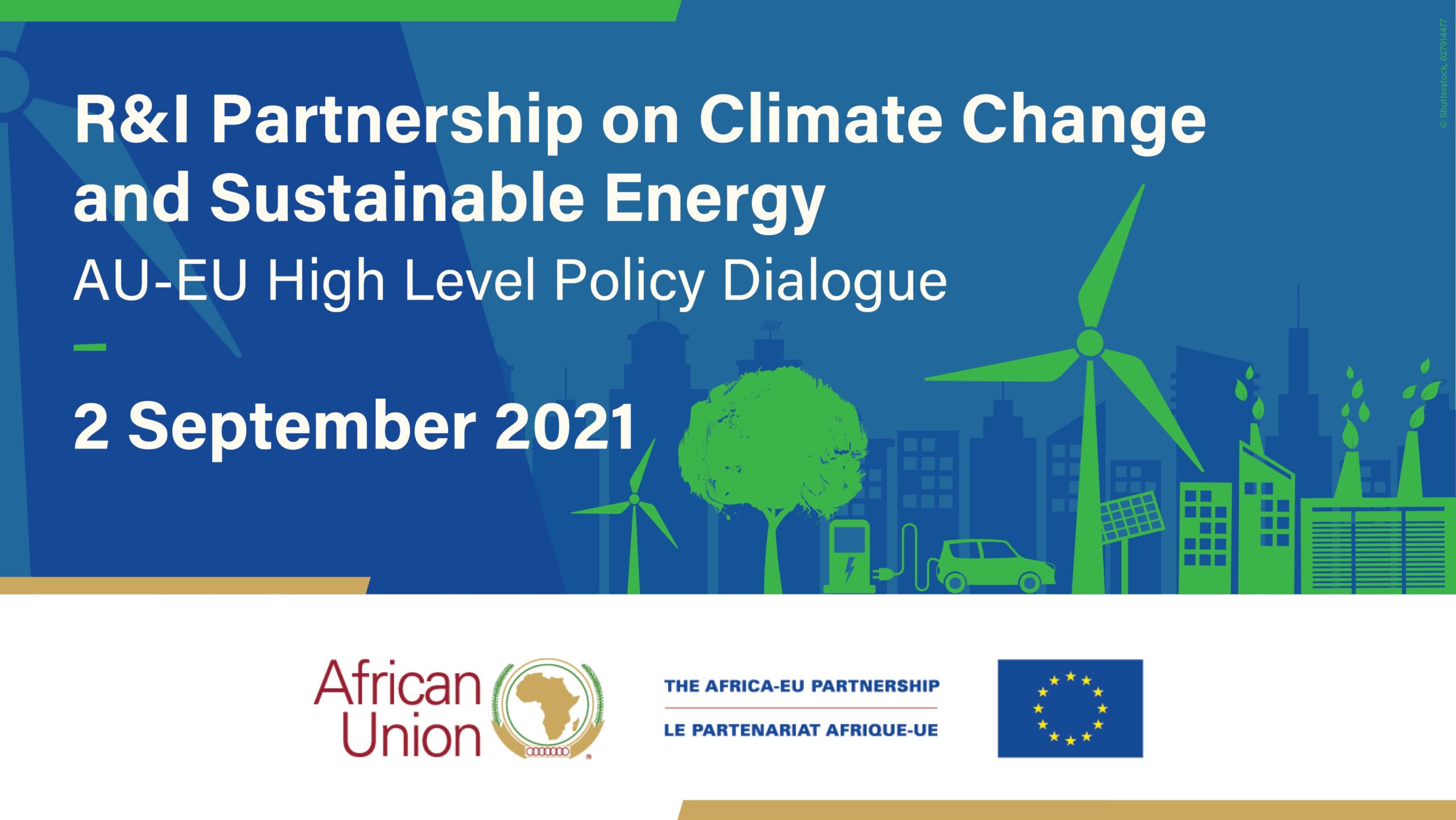
Event: 2nd workshop on climate change and sustainable energy – Focus Blocks and Actions
Date: September, 2 2021 Time: 2:00 PM – 5:00 PM CEST Location: Virtual event. Register: This event requires registration, please register here. “How can the African-European cooperation in climate change and sustainable energy be strengthened and where are the chances, constraints and needs?” The R&I partnership ‘Climate Change and Sustainable Energy’ of the AU-EU High-Level Policy…
-
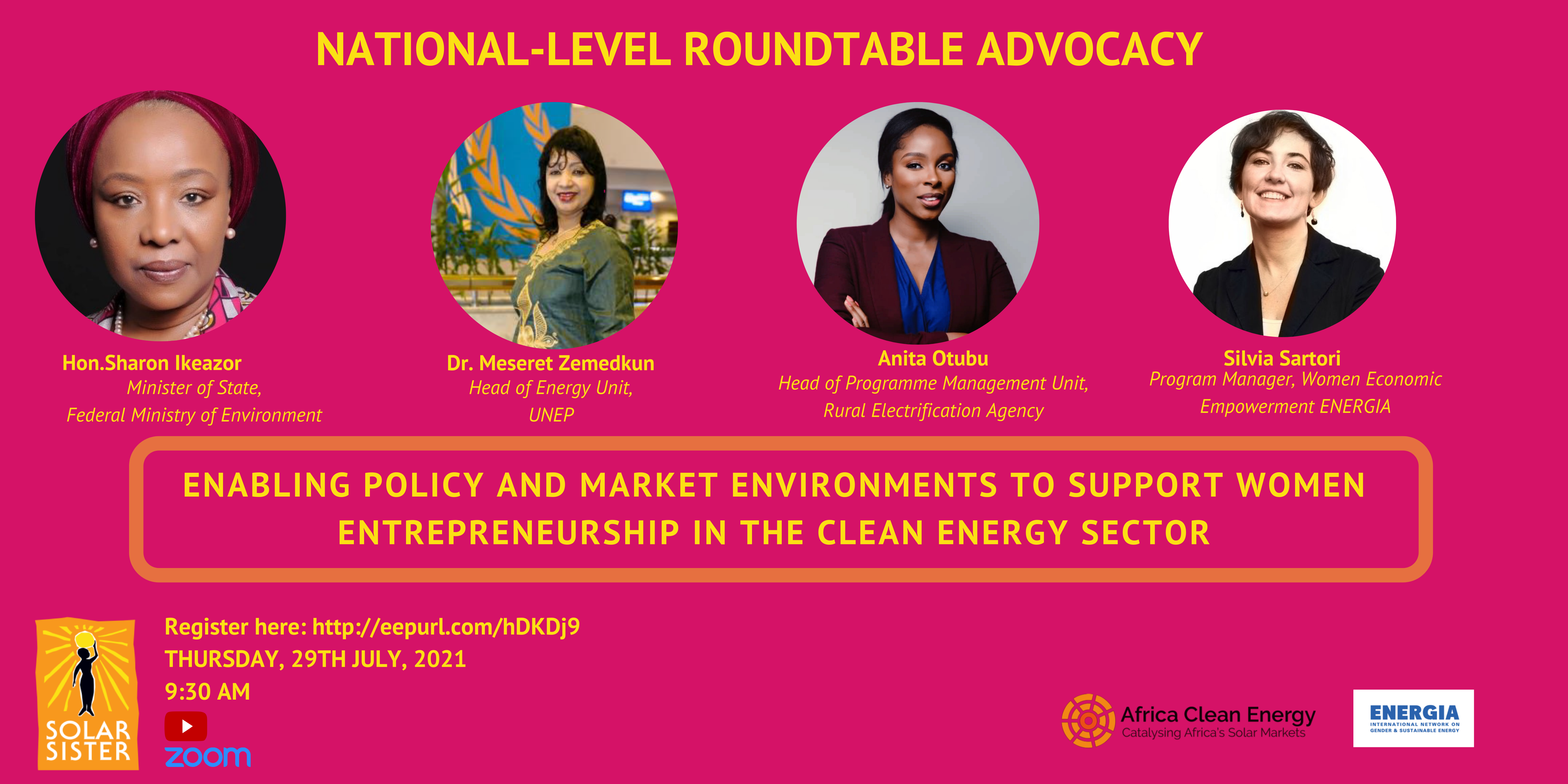
Event: Enabling policy and market environments to support women entrepreneurship in the clean energy sector
Date: July 29, 2021 Time: 9.30 am WAT Location: Virtual event Registration: Please register here. Background Women are a key part of the solution to scaling up energy access. This is especially true in underserved communities across Nigeria. As household energy managers, distributors, entrepreneurs, trainers and technicians – women are in a unique position…
-
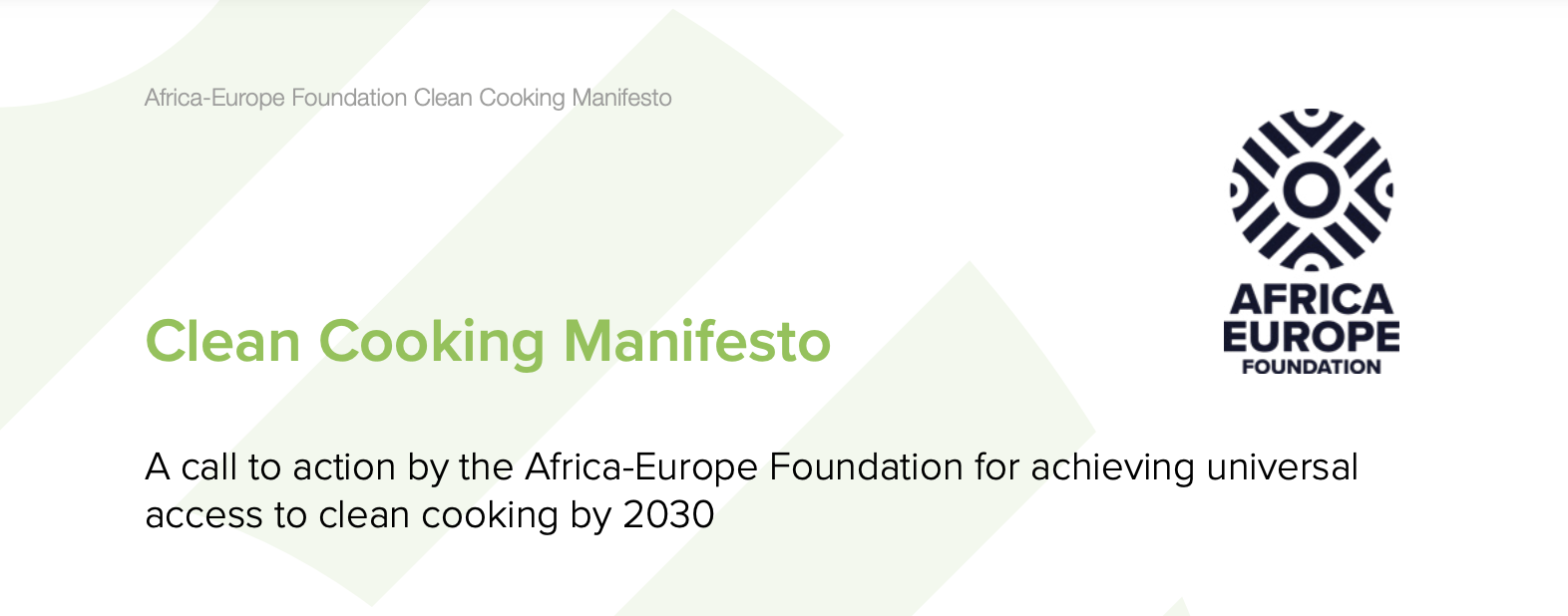
ENERGIA supports the Africa-Europe Foundation Clean Cooking Manifesto
ENERGIA is pleased to support the Africa-Europe Foundation Clean Cooking Manifesto. This is a collective action agenda for achieving universal access to clean cooking by 2030. The Clean Cooking Manifesto, signed by over 65 high-level personalities and organisations from across Africa and Europe, urges governments, development partners and the private sector to adopt a…

